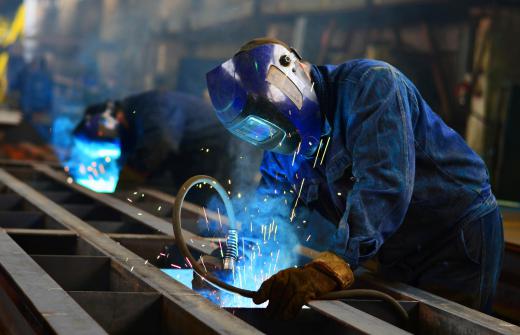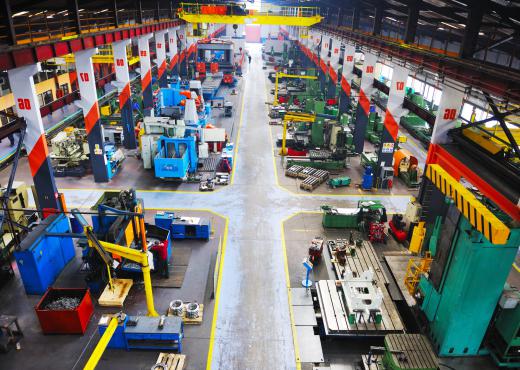The methods and practices of process control in manufacturing help companies to continually meet and exceed the needs of their customers in providing high quality products at a low price. Process control in manufacturing ensures real-time analysis of the overall enterprise, resulting in cost-effective manufacturing and efficient use of all resources. These processes were designed to improve the quality of manufactured products or services provided in many industries around the world. Changes in the global marketplace can occur quickly, and manufacturers must adapt and remain competitive in order to survive. Statistical process control assists manufacturers in making better things that cost less and bring more value to a company or organization.
Effective process control in manufacturing improves the overall quality of products, which, in turn, increases sales and market share for a company or other business. This type of quality control was first used by Japanese factories after World War II. The Japanese factories that used this new type of quality control or process control in manufacturing were able to produce more reliable products with fewer defects. Today, manufacturers in many different industries look to the International Organization for Standardization to outline the best practices, principles, and procedures necessary to ensure optimal product quality. In some industries, these standards serve as the basis for many manufacturing process control regulations.

Mass production and manufacturing of products is a result of consumer demand. Due to intense competition in the modern global manufacturing industry, the role of process control has become more important. Only those companies that consistently provide quality, low price products, on-time, every time can expect to compete in today's global manufacturing industry. Companies must use process control techniques, such as temperature or environment control, to ensure that certain minimum quality specifications are met. One technique used for process control in manufacturing involves evaluating an entire quantity of products based on the random sampling of a few products.

Also known as statistical quality control, statistical process control in manufacturing involves the detailed analysis and application of procedures used to predict how much a manufacturing process might vary from the original process. It's a way of using probabilities to predict how well a manufacturing process is working and what factors might cause the process to move away from a given standard or set of standards. Engineers may spot trends or variations in products at certain stages of a manufacturing process and calculate the possible effects on the end product before it is ever produced. Through this type of statistical analysis, or prediction, possible defects can be found and adjustments made. The role of process control in manufacturing is to meet consumer demand for better products at a lower cost.
